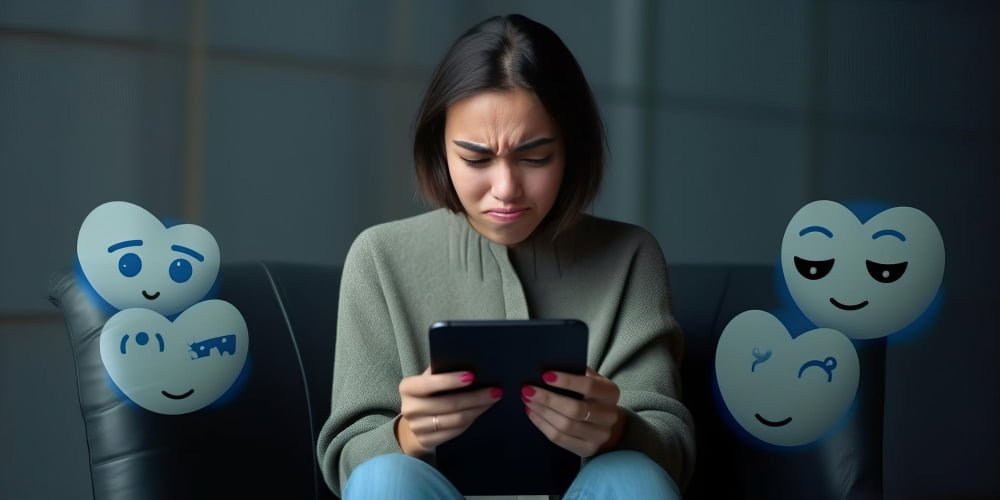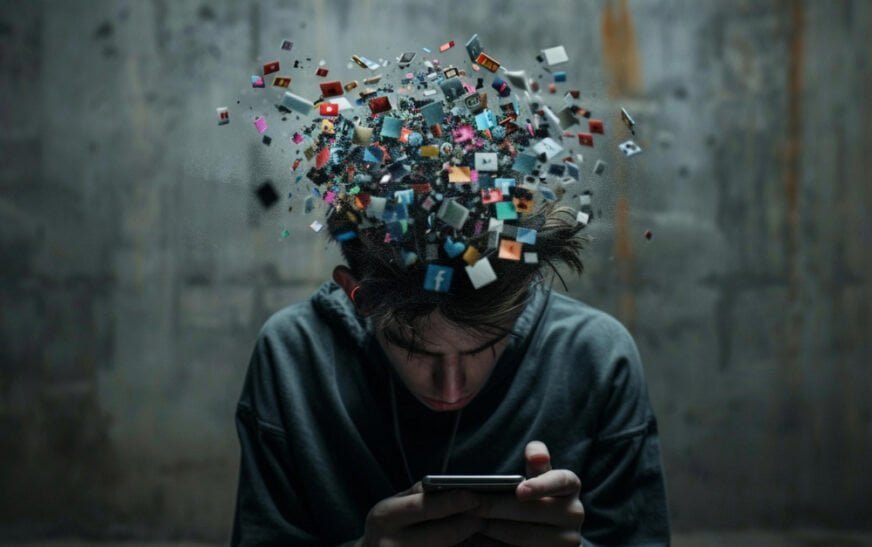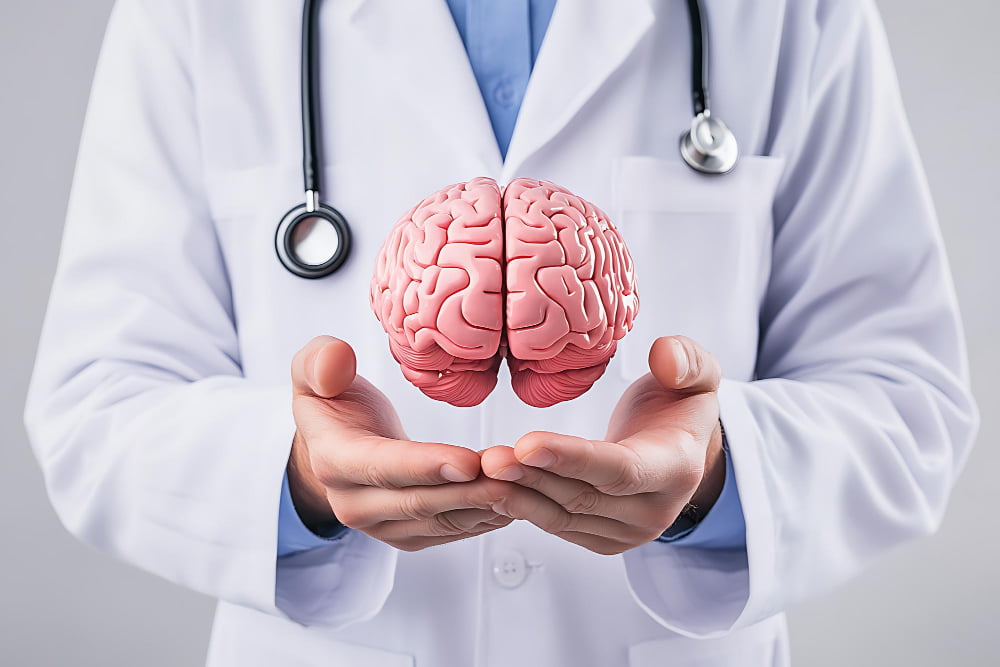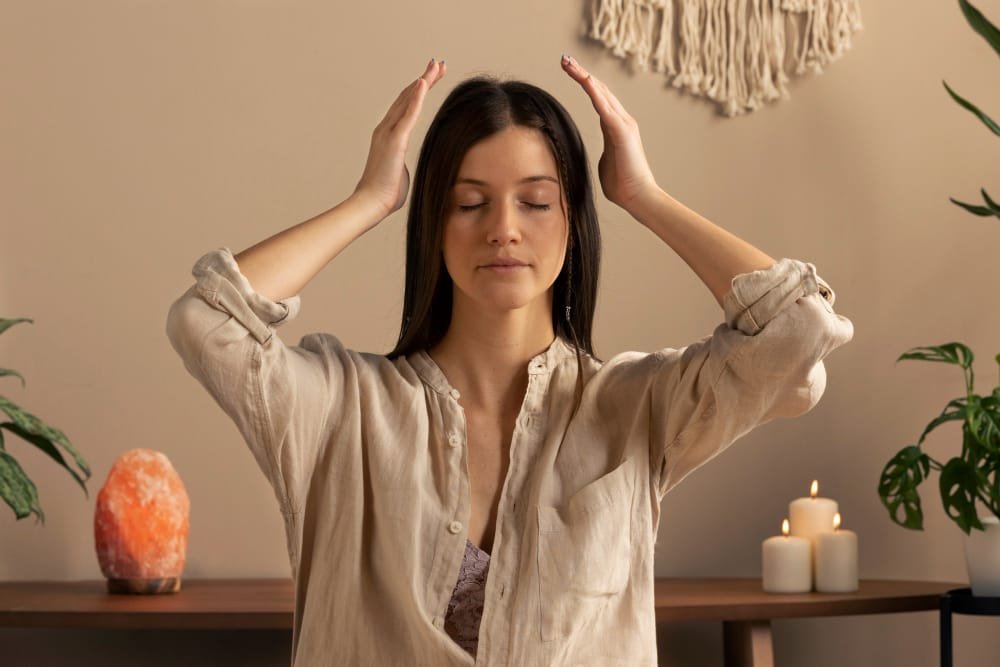In today’s digital age, social media has become an integral part of our daily lives. With platforms like Facebook, Instagram, Twitter, and TikTok, we’re more connected than ever before. We can share our thoughts, photos, and experiences with friends and followers across the globe in an instant. While these platforms have undoubtedly transformed communication and provided numerous benefits, the dark side of social media is becoming increasingly apparent, particularly its impact on mental health.
The Rise of Social Media: A Double-Edged Sword
Social media was initially conceived as a tool to bring people together, building connections that transcend geographical boundaries. However, its use has escalated to an alarming rate, leading to negative consequences, many of which can severely impact mental health.
From the pressure to curate the perfect online persona to the constant comparison with others, the very tools designed to connect us can lead to feelings of isolation, inadequacy, and anxiety. This bizzare effect is at the heart of the social media dilemma, and it’s essential to explore these impacts to understand the broader implications on mental well-being.
The Comparison Trap: A Breeding Ground for Insecurity
One of the most pervasive issues associated with social media is the tendency to compare oneself with others. On platforms dominated by filtered images and highlight reels, it’s easy to forget that these snapshots represent only the best moments of someone’s life.
This comparison trap can erode self-esteem, leading to feelings of inadequacy and even depression. Studies have shown that people who frequently engage in social comparison on social media are more likely to experience depressive symptoms.
The Fear of Missing Out (FOMO).
Another dilemma that social media causes to the mental well-being of an individual is FOMO, or the fear of missing out. Social media is highly user engaging, and one of the ways these platforms grab the attention of the user is by constantly updating them on the activities of others, whether it is in an expensive event, on a different continent, or just being with friends.
The Dopamine Effect:
Social networks are created in such a way that a person gets hooked on them. The number of likes and followers, people’s remarks, and other signs of attention and acknowledgment from other users release dopamine, a chemical related to pleasure and reward. Such relief is obtained instantly, thus making individuals develop a psychological dependence on their gadgets as they seek the endorphin high they are fed up with the social approval they get online.

Long-term use of such social media platforms can make the users become addicts of the social media, such that they opt for online social relations rather than real-life social relations. This contributes to anxiety mainly because people always require validation, and when their posts are not well responded to, it becomes an issue.
Disturbance of Sleep and Its Outcome
Consumption of a lot of information before sleeping can be counterproductive and lead to tiredness and other illnesses caused by sleepless nights. The light that is produced by screens is blue, and this light turns off the melatonin gland and reduces its production.
Lack of sleep is dangerous to the health of the mind as it raises stress levels, anxiety, and even the likelihood of a person developing depression. This can also affect the cognitive abilities, and one may find it very hard to concentrate and even perform everyday activities.
Here are some strategies to strike a balance:
1. Limit Screen Time: There should be particular time restrictions to the amount of time one spends interacting on social media. There are apps that enable you to monitor how long you have been using the computer and a reminder to take a break.
2. Curate Your Feed: You should subscribe to groups and pages that motivate you, and those that you should block or even put on mute are those that give you a complex.
3. Engage in Real-Life Connections: This concerns means of communication encouraging face-to-face communication instead of online communication. Refining functional connections is viewed as being more beneficial for the state of one’s mental health as compared to strengthening Facebook friendships.
4. Seek Professional Help: If you find that usage of social media is harming your mental health significantly, you should consult a health care practitioner.
CONCLUSION
Social media today is one of the most effective platforms that have influenced society in communicating with one another. However, vanity should not be turned into a blind eye to the negative effects to avert them and try to preserve our mind as much as possible. So exactly like any of the gadgets and tools we use in our daily lives, if we learn how to manage social media correctly, we shall be in a position to harness the benefits it offers while at the same time cutting out on the negatives.
When going through the internet, let it be healthy, balanced, and fulfilling.











